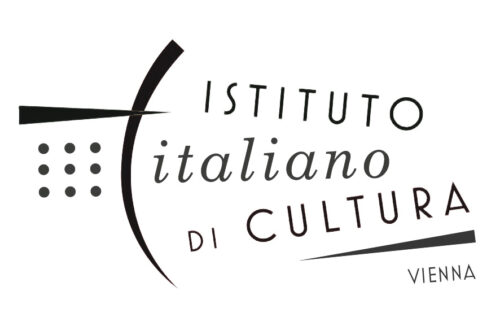THE BUTTERFLY EQUATION
Austrian premiere
THE BUTTERFLY EQUATION
Thomas Cornelius Desi (AT)
A music theatre talent show to mark the 100th anniversary of Giacomo Puccini's death
5 concert grand pianos!
5 pianists!
5 sopranos!
1 juror!
Who will be the new "Madama Butterfly"?
The host and juror of this musical theatre audition is none other than ... the son of Madama Butterfly!
Giacomo Puccini died 100 years ago and his opera "Madama Butterfly" premiered 120 years ago. The musicologist Antonino Titone described this opera as a "diabolical machine racing lazily along". Doesn't such a formulation remind us of ... our current state of the world? What would an attempt to brake such a machine sound like?
In this operatic palimpsest between verismo and psycho-drama, “The Butterfly Equation” Verismo uses Puccini's opera as an attempt to put the brakes on the world frenzy!
"Traces in the sands of time lead from the past to the present. The traces of art, on the other hand, come from the future."
- Thomas Cornelius Desi
Duration: 80 min.
Language: Italian (with German translation via the WebApp)
Performances & tickets
Play introduction 19:00
prices: Category 1
Full price € 27 | Reduced: € 15
Reaktor
Geblergasse 40, 1170 Vienna
Libretto, composition and musical direction: Thomas Cornelius Desi
Scenography: Alessio Pizzech
Costumes: Susanna Fabbrini
Rehearsal and ensemble direction: Luigi Pecchia
With: CKE - Chigiana Keyboard Ensemble (Luigi Pecchia, Pierluigi Di Tella, Monaldo Braconi, Danilo Tarso, Francesco De Poli) - Olena Ertus, Laura Igl, Ami Mizuno, Anja Rechberger, Laura Thaller (sopranos) - Giuseppe Nitti (acting)
Assistant Director: Giovanna Spinelli
Supertitles and German translation: Elisabeth Koger
Production: Thomas Neulichedl
A production of Chigiana International Festival and MUSIKTHEATERTAGE WIEN, in co-operation with Mozarteum University Salzburg.

![]()

THOMAS CORNELIUS DESI
Austrian composer, author and director as well as co-founder and artistic director of the MUSIKTHEATERTAGE WIEN. In numerous productions, Desi has developed a new music theatre as a "théâtre d'auteur". At the centre of this work is the individual and the consequences of their actions. From this, Desi developed the format of the participatory "theatre of encounter". Inspired by the work of Jakob L. Moreno, the interaction of the audience through poetics and aesthetics enables those present to relate individually to each other and to the theme of the play.
Desi studiese at the University of Music in Vienna, was musical director of the Orchestra of the Gesellschaft der Musikfreunde Wien, the company "Totales Theater Wien", ensemble KlangArten and artistic director of the group ZOON. His book "The New Music Theatre", co-authored with Eric Salzman, has become a standard work on new music theatre.
The project "Tarkovski. The Eighth Film" was nominated for the Fedora Opera Prize. For 2024, Desi has been invited to write a music theatre piece for the renowned "Accademia Chigiana" festival to mark the Puccini year.

Traces of a Butterfly
A butterfly leaves no traces behind. What's more: from the larva, the organism transforms into another creature - and flies away. Traces are footprints in the sands of history. Blurred by the tides of time into a tabula rasa: nothing remains.
Our culture, however, has turned the ephemeral into the permanent - at least temporarily. We call it “cultural heritage”.
These traces on paper, shellac, vinyl - and now as bits and bytes in storage media. Digital traces, virtual traces that we can no longer recognize without devices.
In principle, traces always lead back to past history. But in art? I maintain that the traces we follow in art come to us from the future!
It is however impossible for us to know the future. Quantum physics teaches us that there is no determinism. It may be, that the flapping of the butterfly's wings will lead to a tornado in the future - but this is only one Possibility. We cannot know for sure. Every little particle, every detail in our lives, holds an unpredictable trace. In “The Butterfly Equation”, the notation of my music, what the performers have to play and sing, leads into the future. But not everything in it is determined. The further we go - into the second act - the less is predetermined, the more possibilities arise for the performers to act spontaneously in the moment. Repeatability becomes increasingly impossible. The traces that lead into the future here become sporadic, become points of reference, jump from place to place until they elude our ability to follow them in the infinite horizon. Nothing is complete. New steps follow, leaving new traces. What counts is the memory of what has been said, what has been sung.
Thomas Cornelius Desi